(Gerry Furth-Sides) As common a sign as it can be in both Muslim and non-Muslim ones, the term Halal can be a mystery to the public. This is just like it’s close relative, Kosher. Both basically mean eating select meats, foul and poultry on a certification list that you can trust to be clean, and that are slaughtered in a humane way. You can expect a lot more restaurants featuring halal. Watch for a sign in the window.
Like “kosher,” too, the term is often misunderstood. It is not an ethnic food, it is not a style and it does not refer to a style of cooking. It is a manner of slaughtering and cleaning protein, and has an added religious blessing over it.
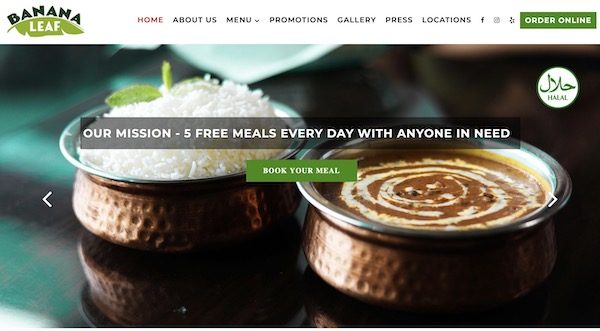
Halal is an Arabic word that means “permissible.” Halal food is that which adheres to Islamic law, as defined in the Koran. Halal foods meet Islamic dietary guidelines and are allowed for consumption.
Animals considered halal include cattle, sheep, goats, camels, deer, antelope and rabbit. Although not banned, it is considered offensive to eat horse, mule or donkey. It is not permitted to eat the meat of any animal with canine teeth, fangs or tusks. Followers of Islam can consume any sea creature that has scales.
In culinary terms, it means food that is permissible according to Islamic law. For a meat to be certified “halal,” it cannot be a forbidden cut, such as meat from hindquarters) or of certain animals not considered clean, such as pork.
Halal meat is reared—and slaughtered—differently from conventional meat. Muslims who eat Halal do not consume the fresh blood of animals. So once an animal is killed, its blood must drain completely. The Islamic form of slaughtering animals or poultry, dhabiha, involves killing through a cut to the jugular vein, carotid artery and windpipe.
Animals must be alive and healthy at the time of slaughter and all blood is drained from the carcass. During the process, a Muslim will recite a dedication. This is known as tasmiya or shahada.
If slaughtered/harvested properly, beef, lamb, goat, venison, bison, chicken, turkey, fish and shellfish can be halal meats. Pork and alcohol are considered haram (forbidden).
Both halal and kosher methods require use of a surgically sharp knife and specially-trained slaughtermen, and blessings. Kosher is acceptable to halal but halal is not acceptable kosher because kosher laws are stricter.
Jewish law strictly forbids the use of stunning and meats are not blessed after an initial blessing. Kosher food complies with Jewish dietary law, known as kashrut, listing what and what cannot be eaten by practitioners.


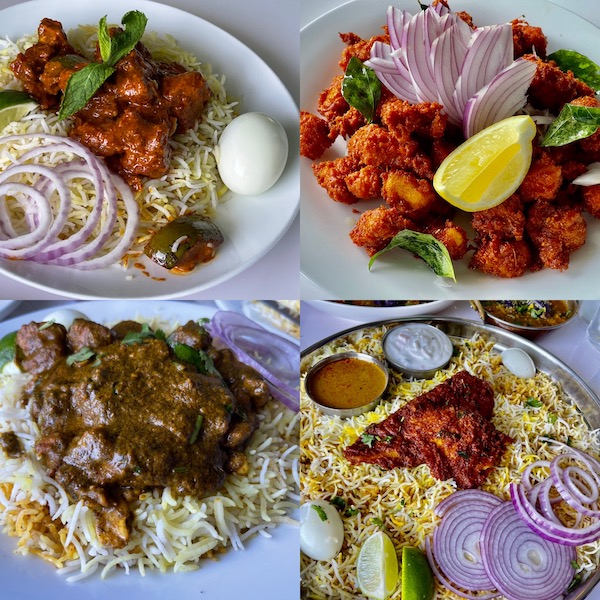
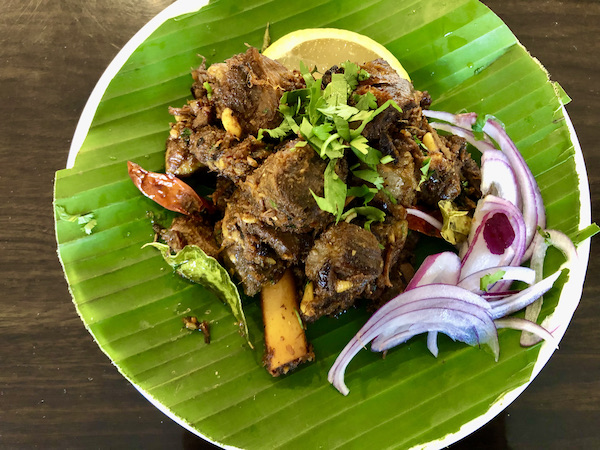
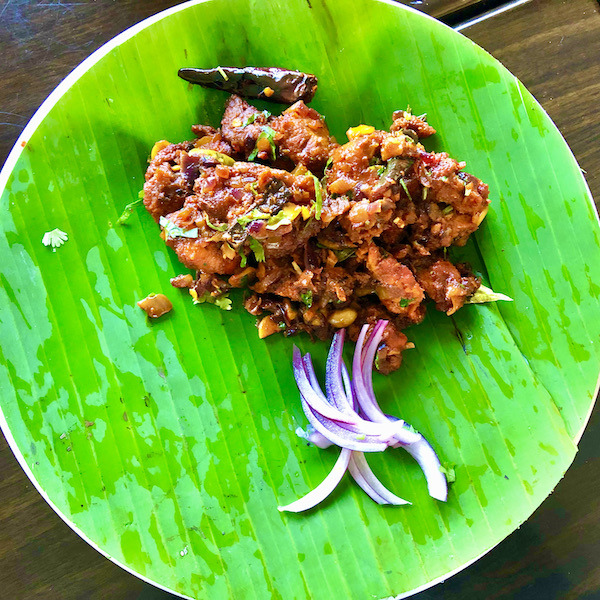
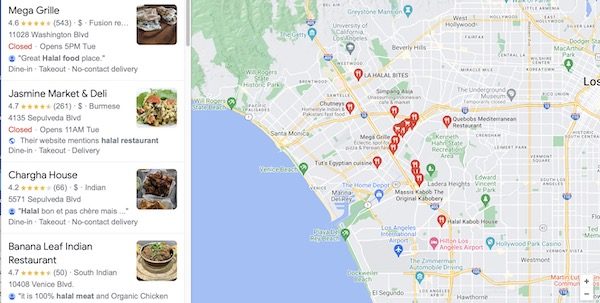


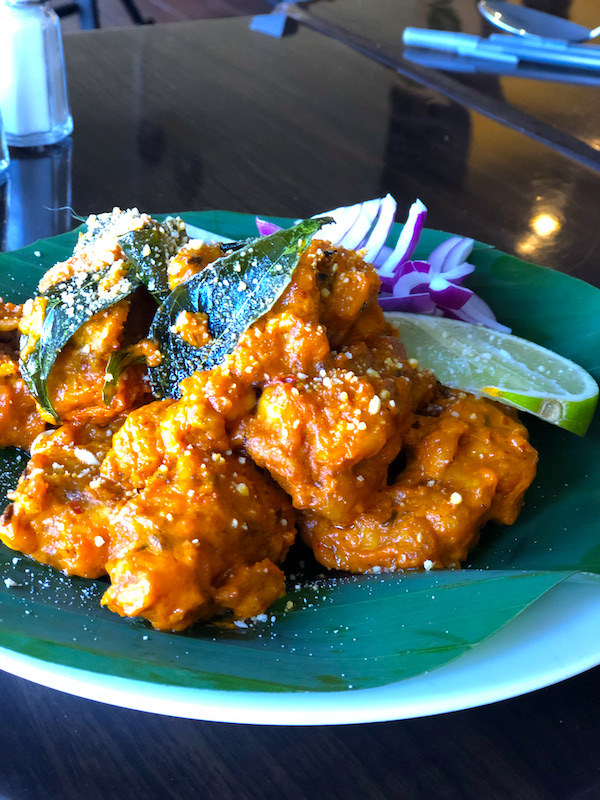
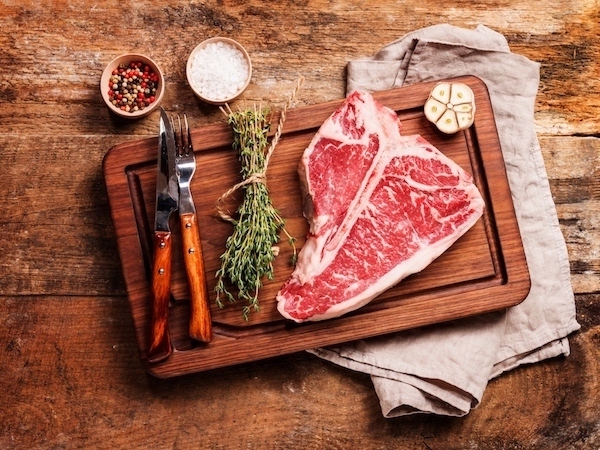
 Gerry Furth-Sides
Gerry Furth-Sides  Barbara Hansen
Barbara Hansen  Chef-owner Alain Cohen
Chef-owner Alain Cohen  Roberta Deen
Roberta Deen  Jose Martinez
Jose Martinez  Nivedita Basu
Nivedita Basu